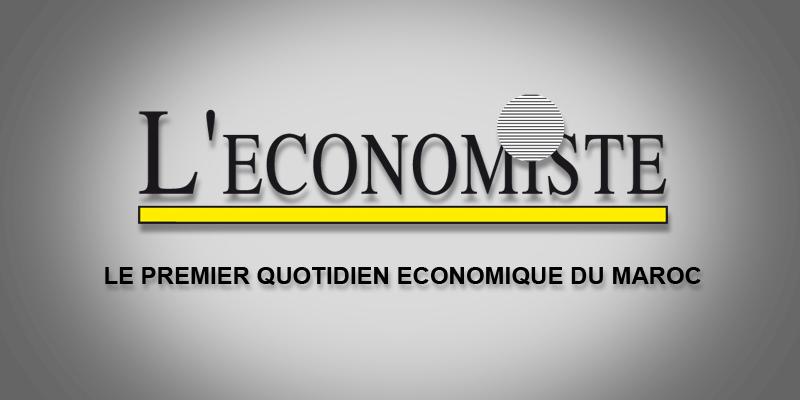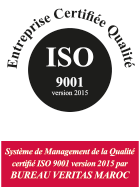“Dear 36 million consumers, stop paying your bills online.” This could be the subliminal message from a company to its customers in order to thwart presumed unfair competition. And for good reason, some telecom, water and electricity utilities, as well as private education operators charge payment fees ranging from 3 to 20 Moroccan Dirhams (0.3 to 2 USDs ).

“Even worse , service providers apply a 1% fee on the amount of the invoice to be paid”, specifies the Competition Council in an initial analysis of the market. “It is an abusive and economically unjustified practice. It could distort free competition”, warns the presidency of the regulating agency (see L’Economiste No. 6518 of May 18, 2023). A press release was issued to mark the occasion. It could be used as evidence in a possible dispute between consumers and suppliers. The law on consumer protection and the law on freedom of prices and competition do converge. A customer or a consumer association can take legal action. An investigation for anti-competitive practice is also possible.
■ Clear and detailed information
Online payments raise two issues, namely the issue of the right to information and the issue of deception. “A consumer must be clearly informed. His or her invoice must be detailed by mentioning the nature of each amount”, indicates lawyer Younes Anibar. The law on consumer protection enshrines a general duty to inform. It consists in “providing the information allowing a rational choice to be made taking into account the needs and means” of consumers, states Article 3 of this law, a law which consists in paying knowingly.
■ Taking legal action is possible
There is deception if the obligation to inform is violated. Its violation may justify civil proceedings. “Companies exploit consumer ignorance. Consumers pay a surplus without any real consideration. Paying online is not a commercial service”, says our judicial source. For the Competition Council, “customers have to pay a surcharge in addition to the amount of the invoice. However, companies take full advantage of it by significantly reducing their operating and investment costs related to the collection of invoices”. The additional costs “do hinder the development of the digitalization of the economy and are at odds with the national digital development strategy”, says the press release of the Competition Council dated May 16, 2023.
■ Five years to challenge an invoice or payment
Going to court must be done within a specific legal time limit. “Facts become time-barred beyond 5 years when a merchant is involved in a case”. A consumer can therefore avail himself or herself of any damage that is spread over half a decade. He or she can thus claim the reimbursement of undue expenses for this entire period, which could represent a nice jackpot, at least enough money to buy coffee for a month ! but on condition of proving the existence of a damage. The proof is free in principle. An invoice, a wire transfer, a receipt of payment can serve as proof.
Faiçal FAQUIHI


























